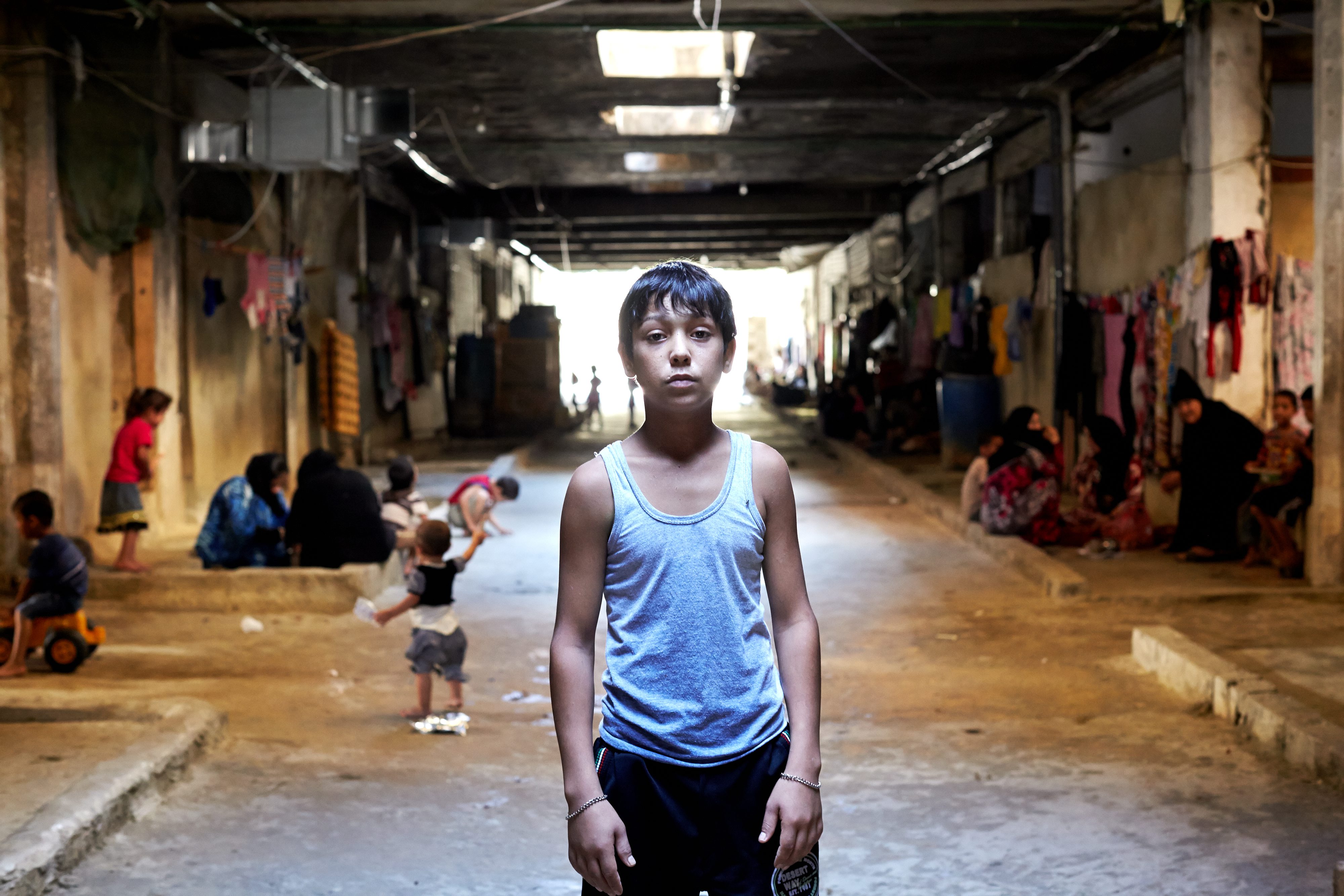
Planning begins to resettle Syrian refugees in Philly
Local stakeholders are planning a summit to discuss resettlement.
In September, the Obama administration announced plans to take in at least 10,000 Syrian refugees in 2016. The figure represents a sizeable increase from the 1,500 Syrians that the U.S. has given asylum so far in 2015, even if it pales in comparison to the growing number of migrants that European countries are hosting.
There has been a surge of sympathy towards Syrian refugees on a local level.
In the last two months, Philadelphians have been wondering aloud if some of the 10,000 will end up our city. If so, how many? Mainstream news outlets have covered stories about what few families have resettled in the region. Some long-settled Syrians in Philly extend their support, while anonymous donors offer hard cash, food, and furniture donations to ease the burden on those fleeing civil war in their homeland. Even Democratic mayoral nominee Jim Kenney has shown open arms to Syrian migrants.
The reality is that we won’t see anything close to a mass influx of Syrian migrants in our area. At most, experts say we could have a couple hundred families resettled between Lancaster and Philadelphia, and they would come slowly over the next few years. None of this is reflective of Philly’s hospitality, but rather on the resettlement system in the U.S.
“The problem is no one really knows what’s happening, but we know it’s going to happen,” says Marwan Kreidie, director of the Arab American Community Development Corporation.
Kreidie is currently planning a kind of “summit” with local stakeholders to discuss the issue. First, here’s a glimpse of how the process works:
Philadelphia has three refugee resettlement agencies: the Hebrew Immigrant Aid Society (HIAS), the Nationalities Service Center (NSC), and Lutheran Children and Family Service (LCFS). Each of these agencies operates under a national umbrella organization, of which there are nine total. The U.S. Department of State meets with these nine federal agencies quite often, and lets them know how many refugees they have from various groups. From there, a trickle down process begins.
A couple of months ago, HIAS asked its 20-some affiliate branches (including its Pennsylvania office) how many refugees they could handle resettling, and from what parts of the world. Because HIAS has a Syrian case manager, it can handle an unspecified number of cases in Philadelphia, says executive director Judith Bernstein-Baker.
When a new refugee groups arises, the three local agencies work together. In this case, they also work with stakeholders like the Arab-American CDC. Housing is one of the biggest concerns.
“We want to keep refugees together so they can build up their own group and eventually help each other and start their own neighborhood support system,” Bernstein-Baker said.
There is talk about Lancaster as a possible resettlement location. The rent is cheap, but there are arguments against it as well.
“My personal feeling is that Lancaster isn’t the place,” Kreidie said. “It should be Northeast Philly or Allentown. The infrastructure is there. The rents are higher than in Lancaster, but refugees would be provided with good public transit, mosques, churches, informal community networks, and most importantly, good health services at reasonable prices.”
Allentown has one of the ten largest foreign-born Syrian populations in the U.S., and recently opened its doors to take in refugees. The offer was met with backlash. Last week, Allentown Mayor Ed Pawlowski received a slew of hate mail — “close to 2,000 emails in … 24 hours from folks across the country saying not to take these refugees in,” he told NPR.
While not majority Syrian, Philadelphia proper has a more diverse Arab immigrant population.
How soon the city could see Syrian refugees depends on the federal government. An approved welcome for refugees does not necessarily expedite the arrival time. Each refugee has to go through several security clearance and background checks. Once a refugee has been vetted and approved for resettlement, the national agencies will receive a notice and reach out to their affiliates to see who will sponsor the person.
Usually, there is about two weeks notice before a refugee or refugee family arrives. This gives local resettlement groups just enough time to set up and furnish an apartment. Groups like HIAS, NSC, and LCFS then continue to work with the family throughout their assimilation process — setting up doctor’s appointments, English classes, school enrollments, healthcare and so on.
HIAS says that could take a year or two years before this happens, but they hope the process will be streamlined.
“I’m very happy and heartened by the fact that we have so many people in the Philadelphia region who are interested and want to help," Bernstein-Baker said. "They really want to help. We’ve gotten offers of furniture donations and things like that.”
No date has been announced yet for the summit, but it is tentatively set next month after the Nov. 3 general election.










LEAVE A COMMENT:
Join the discussion! Leave a comment.